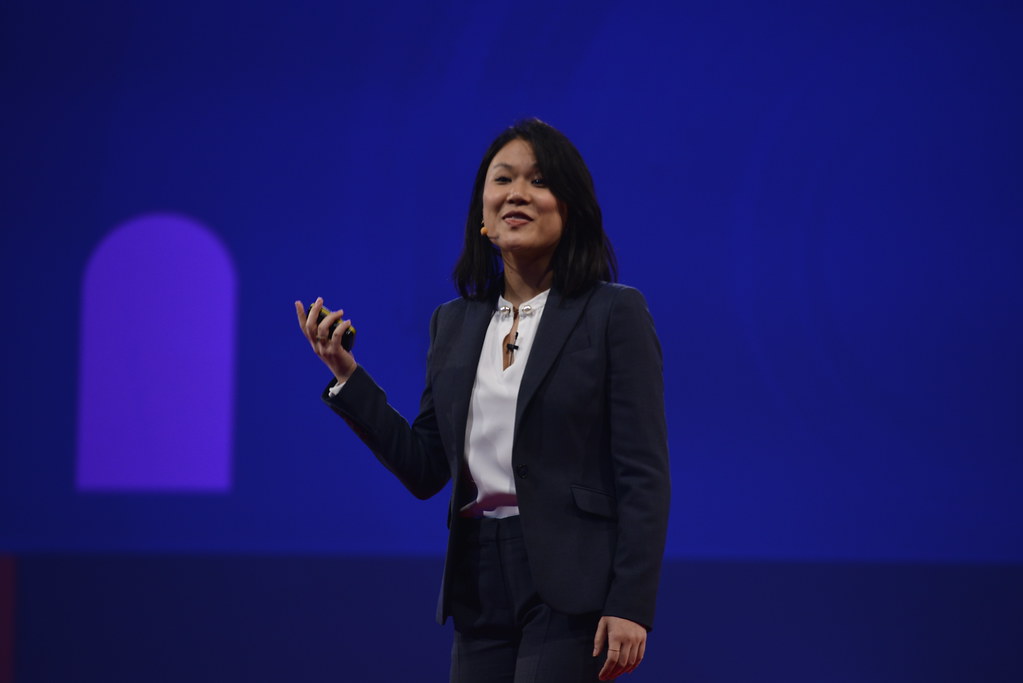Table Of Contents
An Introduction to Karen Hao
Karen Hao is recognized as one of the prominent journalists in the field of technology and artificial intelligence. She has gained wide fame due to her ability to simplify complex concepts and make them understandable to the general public. Through her work at MIT Technology Review, Hao has become a reliable source of information and analysis related to artificial intelligence. Her role in educating the public about the impact of this technology on society and the economy is indispensable.
Educational and Professional Background of Karen Hao
Karen Hao obtained a Bachelor’s degree in Electrical Engineering from the Massachusetts Institute of Technology. This strong education in technology provided her with the necessary foundation for a deep understanding of artificial intelligence. After graduation, Hao worked in several technology companies, adding to her practical experience. This diverse background helped her provide accurate and comprehensive analysis in her articles.
The Beginning of her Journalism Career
Karen Hao started her journalism career early, working as a freelance writer before joining the team at MIT Technology Review. Her initial articles focused on technology in general, but she soon shifted her focus to artificial intelligence. This transition was a result of her personal interest and desire to understand the impact of this technology on society.
Her Interest in Artificial Intelligence
Karen Hao’s interest in artificial intelligence began when she noticed how this technology could change the world. She started reading research papers and scientific articles on the subject, increasing her deep understanding. This interest was not merely curiosity but a motivation for her to provide accurate and comprehensive information to the public. She always aimed to deliver data-driven and reliable analyses.
Her Role at MIT Technology Review
At MIT Technology Review, Karen Hao plays a pivotal role as a writer and editor. She has been responsible for writing numerous articles that explain artificial intelligence in a simplified and understandable manner. This role was not easy but essential for educating the audience. She used a style that combined simplicity and accuracy, making her articles popular and widely read.
Her Notable Articles and Analyses
Among her notable articles is her piece on “Bias in Artificial Intelligence,” which received great acclaim. In this article, Hao discussed how artificial intelligence can reinforce biases existing in society. She used real examples and data to support her arguments, making the article impactful and reliable. This type of analysis reflects the depth of her understanding of the subject.
Her Impact on Public Understanding of Artificial Intelligence
Karen Hao’s impact on the public understanding of artificial intelligence is undeniable. Through her articles and analyses, she helped simplify complex concepts and make them understandable to everyone. She always aimed to provide accurate and reliable information, making her a trusted source of information. This impact extended not only to readers but also to academics and researchers.
Her Vision for the Future of Artificial Intelligence and Journalism
Karen Hao’s vision for the future of artificial intelligence and journalism is characterized by optimism and caution at the same time. She believed that artificial intelligence could have a positive impact if used correctly. However, she always cautioned about the challenges and potential risks. In the field of journalism, she saw technology as a means to improve the quality of information and provide more accurate analyses.
Conclusion
Karen Hao is one of the prominent journalists in the field of artificial intelligence. Through her work at MIT Technology Review, she provided accurate and comprehensive analyses that helped educate the public. She always aimed to deliver reliable and data-driven information, making her a trusted source of information. Her vision for the future of artificial intelligence and journalism reflects the depth of her understanding of the subject and her optimism about the future.


